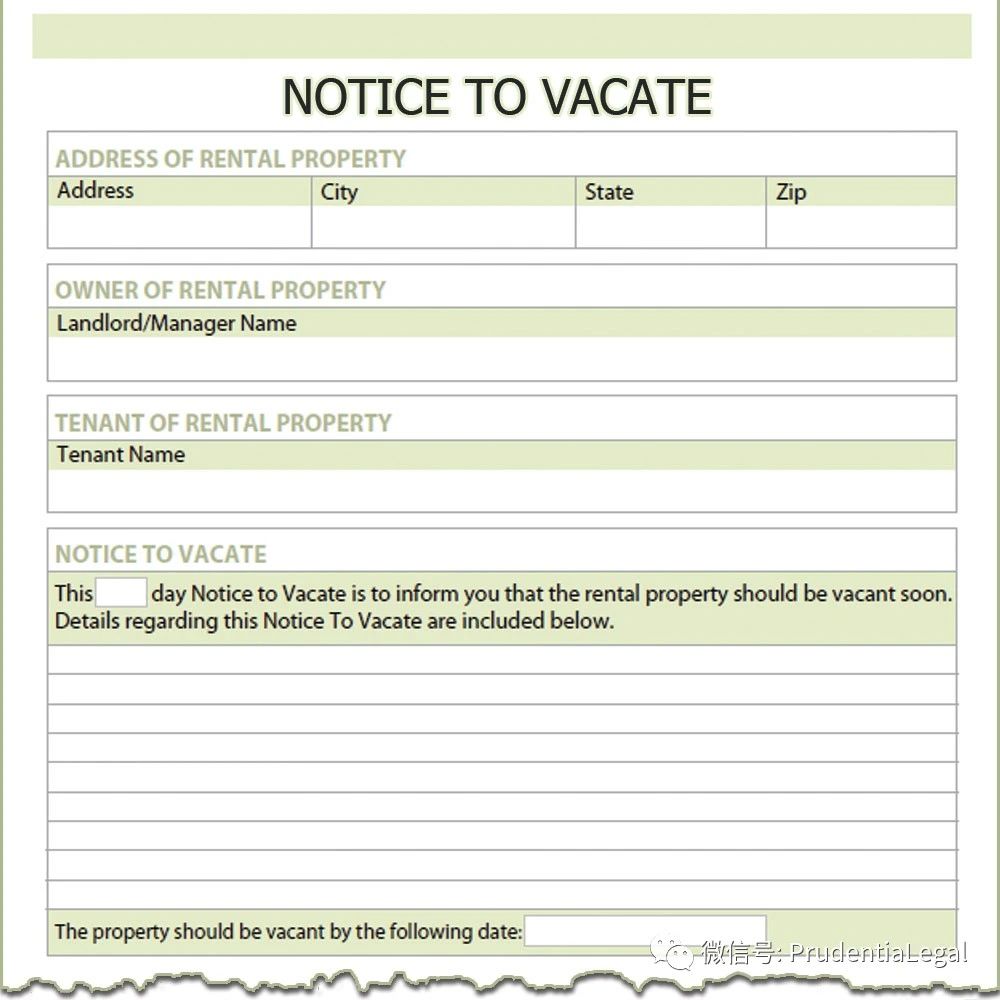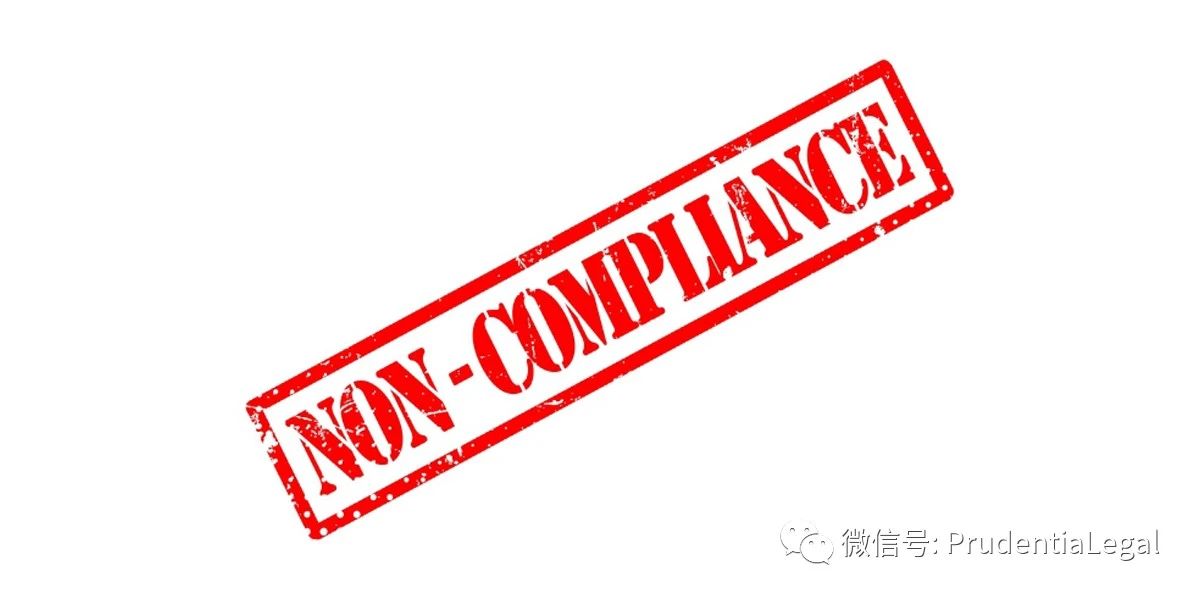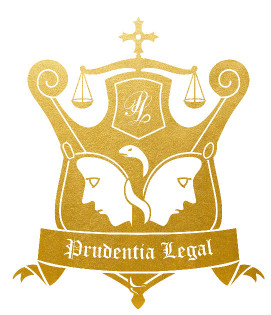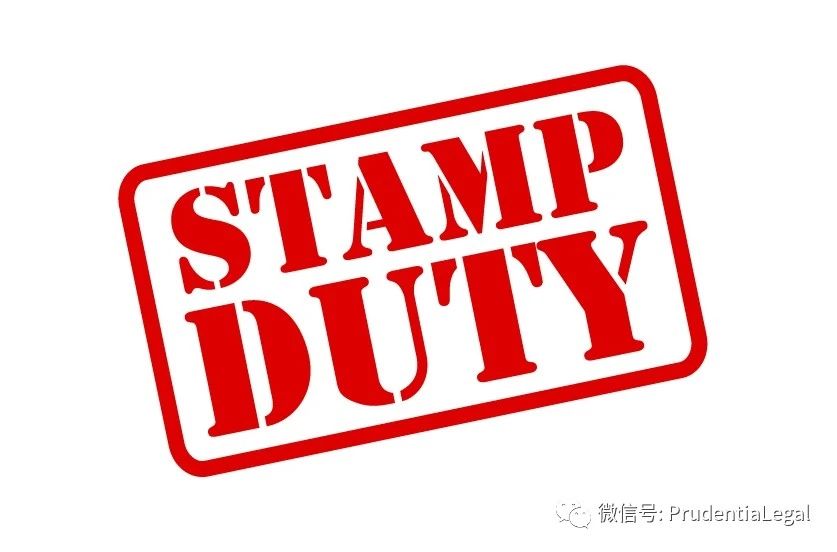Summary of changes to the new VIC Residential Tenancy laws

The start date of the Residential Tenancies Amendment Act 2018 (the “ACT”) which outlines the framework of Residential Tenancy laws has been delayed due to coronavirus (COVID-19), with the amendments to be introduced by 29 March 2021, rather than the original 1 July 2020. The Residential Tenancies Regulations 2021 (the “Regulation”) is currently available to includes details of the relevant sections of the Act for guidelines in practice. These two documents shall be read together to understand the new laws in detail.
Summary of major changes:
Fixed price advertisements and offers and ban on inviting rental bids.

Rental providers and estate agents can only advertise or offer rental properties at a fixed price. They are banned from inviting rental bids or soliciting offers of rent higher than the advertised price.
Added transparency and protections for renters

Rental providers and agents cannot:
Encourage someone to enter into a rental agreement by making false or misleading representations
Request inappropriate information in a rental application, such as bank statement showing daily transactions
Unlawfully discriminate against renters i.e. refusing to rent a property to an applicant or issuing a notice to vacate.
Rental providers and agents can only use personal information disclosed in a rental application to assess the applicant’s suitability as a renter.
Bond obligations

Renters will no longer need the rental provider’s permission to have all or part of their bond released. They can apply to the Residential Tenancies Bond Authority (RTBA) and the rental provider will have 14 days to dispute the claim.
Furthermore:
It will be more difficult for rental providers to request a bond or rent in advance of more than one month’s rent as the rental cost threshold has been increased
In long-term agreements of more than five years, rental providers can request an additional bond if the renter has lived at the rental property continuously for five or more years, as long as the rental provider gives at 120 days’ written notice
Pets in rental properties

Renters can keep pets at a rental property with the written consent of the rental provider. A rental provider can apply to VCAT for an order that it is reasonable to refuse permission.
New process for repeated late or non-payment of rent
When a renter pays back overdue rent within 14 days, any notice to vacate issued by the rental provider for that overdue rent is invalidated. This applies for the first four times it happens in a 12-month period. However, if the renter fails to pay rent as required on a fifth occasion in the same 12-month period, the rental provider may give a notice to vacate and apply to VCAT for a possession order. VCAT may adjourn the possession application and place renter on a payment plan to meet the outstanding arrears.
Changes to rules around rent increases

Rental providers can only increase rent once every 12 months under any type of rental agreement. For fixed-term rental agreements, rent increases can only occur if the rental agreement specifies the amount or method of the rent increase.
Rental providers must give a valid reason to end a rental agreement
Rental providers cannot issue a ‘no specified reason’ notice to vacate. To end a rental agreement, rental providers must provide a valid reason such as sale, change of use or demolition of the rental property, or rental provider moving back into the rental property.
Notice to vacate changes

Rental providers can issue a notice to vacate if:
The renter or their visitor endanger the safety of neighbours, the rental provider or their agent, or a contractor or employee of the rental provider or their agent
The renter or their visitor has seriously threatened or intimidated the rental provider or their agent, or a contractor or employee of either the rental provider or their agent
A renter or their visitor, by act or omission, intentionally or recklessly causes serious damage to the rented property, including to any safety equipment or common areas
Making modifications
Renters will be able to make prescribed modifications without the rental provider’s consent and rental providers cannot unreasonably refuse consent to some modifications. For example, installation of picture hooks or screws for wall mounts; installation of a water efficient shower head if the original shower head is retained; installation of blind or cord anchors.
Rental minimum standards
Rental providers have a duty to ensure their rental property meets the rental minimum standards before a renter moves in. If a property does not comply with the minimum standards, the renter can terminate the rental agreement before they move in, or they can request an urgent repair. Condition reporting is required regardless of whether a bond is taken. The condition report must be completed at the start and end of the rental agreement.
Urgent repairs

Under the new reforms, urgent repairs include repairs and replacements relating to air conditioning, safety devices, and any fault or damage which makes the rental property unsafe or uninhabitable.
The money limit for urgent repairs reimbursement has been increased;
The rental provider must reimburse the renter for the reasonable cost of urgent repairs within seven days of the renter giving written notice;
For non-urgent repairs, renters can apply directly to VCAT if the rental provider has not carried out the notified repairs within 14 days.
Rental non-compliance register

Rental providers found by VCAT to have committed an offence or breached a duty under the Residential Tenancies Act 1997 will have their name, rental property address, and nature of their offence or compensation or compliance order made listed on the register available from the Consumer Affairs Victoria website.
Reference:
Consumer Affairs Victoria
https://www.consumer.vic.gov.au/housing/renting/changes-to-renting-laws/all-changes-in-place-from-july-2020, accessed 23 February 2021.

Please note: The content of our publication is intended for general information purposes only, and should not be construed as legal advice on any matter. Please contact our firm for discussion of your particular circumstances.

相关内容
-
 详情
详情Avoiding Fraud – Importance of Legal Advice Illustrated by Two Cases
Avoiding Fraud– Importance of Legal Advice Illustrated by Two CasesPrudentia Legal: Edmund Leung2021-09-10Believing in the wrong person may lead to significant consequences, as once again demonstrated in recent cases in our firm. Sometimes mistakes may even compound on each other to rea
-
 详情
详情Temporary changes States have made to signing, witnessing or attending to documents
-
 详情
详情Employees or Contractors – A Discussion on New Developments for App Transport and Delivery Platforms
The gig economy has become everyday occurrence in the past decade. It has also developed in a way exceeding what may be originally envisioned. From the consumer’s perspective, the ease of on-call services for transport and food delivery alike has led to an explosion in demand, with many newcomers t
-
 详情
详情Summary of changes to the new VIC Residential Tenancy laws
The start date of the Residential Tenancies Amendment Act 2018 (the “ACT”) which outlines the framework of Residential Tenancy laws has been delayed due to coronavirus (COVID-19), with the amendments to be introduced by 29 March 2021, rather than the original 1 July 2020. The Residential Tenancies
-
 详情
详情Acting as Witness in Legal Proceedings
While direct involvement in criminal matters or civil litigation might not be that common for a person of the general public, it might well be possible that you have witnessed a crime or an event, and may be required to give evidence in court as a witness. What does being a witness entail? Speaking
-
 详情
详情Child Maintenance Trust
Division 6AA section 102 AG of the Income Tax Assessment Act 1997 (Cth) provides that a Child Maintenance or Child Support Trust (“CMT”) can be established following a relationship breakdown. Simply speaking, A CMT is a discretionary trust specifically set up to provide support for a child (or chi
-
 详情
详情Recent Changes to NSW Stamp Duty and Land Tax Policies
Stamp DutyThe New South Wales government has previously announced that they are introducing new legislation to increase the threshold amount for offering stamp duty exemption or reduction for first home buyers, such that purchasers of higher-priced properties may also benefit. This policy change has
-
 详情
详情House and Land Package – Some tips to share
House and Land Package – some tips to shareIntroductionIt’s noted the “house and land package” in the property market has maintained its popularity over the years. It’s difficult to find a brand new four-bedroom free-standing house within a 30 km radius from the Sydney CBD under $1 millio
-
 详情
详情New Australian Visa Policies Applicable to Hong Kong
The Prime Minister of Australia, the Honourable Scott Morrison MP, has announced yesterday that new visa policies and measures aimed to attract students and business talents from Hong Kong to Australia, and allow them to stay in Australia, will be offered to “Hong Kong passport holders”. It is not
-
 详情
详情Off-the-plan Stamp Duty Concessions in Victoria
The state of Victoria, specifically its capital Melbourne, has many high-rise and multi-occupancy residential developments completed and ongoing. Regeneration and redevelopment projects resulting in high-rise skyscrapers have dramatically changed Melbourne’s skyline in the past decade. Such multi-o
-
 详情
详情Intervention Orders In VIC
An individual (the applicant) (or police department but today we only talk about the individual application) may apply for an intervention order in the Magistrates Court of Victoria which places legal restrictions upon another individual (the respondent) and prohibits the respondent from engaging in
-
 详情
详情Preparation of Contract for the Sale and Purchase of Land in New South Wales
A contract for the sale and purchase of land (Contract) comprises three sections: The first being the substantive contract, usually the standard contract drafted by the Law Society of New South Wales and the Real Estate Institute of New South Wales, containing general conditions; the second being th